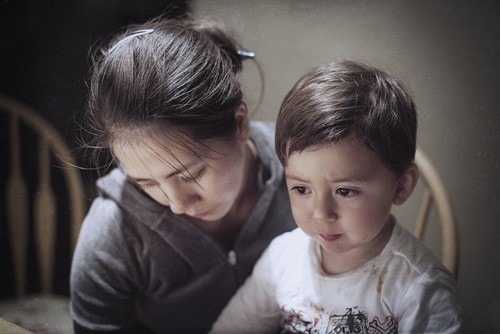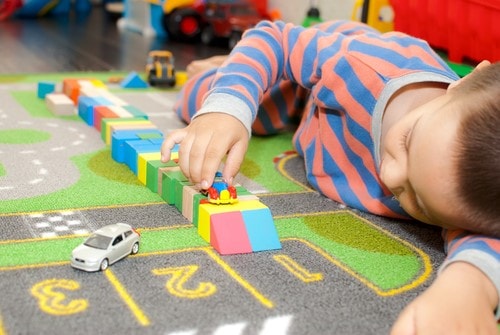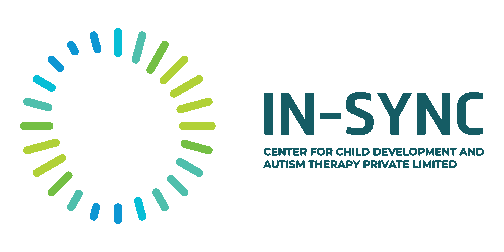Little Rohit was a delight. He was a bundle of joy always bustling with energy, eager to meet new people. That’s why going to school was never a difficult affair for him.
It was the second Saturday of the month, which meant that Rohit’s parents were expected to visit school for the monthly PTA meeting. All went well until his teacher pointed out that Rohit has difficulties with clear speech. She said he was finding it difficult to pronounce words that come easily to others of his age and that sometimes, his speech was muffled and incoherent. “But, he is only 4!” his mother exclaimed. The teacher advised her to see a speech therapist just to be sure.
On their way home, his mother got frantic while his father flatly denied that Rohit had any problems. “Kids are different and they learn to speak at different ages. Doesn’t mean something is wrong with him! The teacher doesn’t know what she is talking about.”

This is just one out of many cases that we see in our country. While some of us deny facts and obvious signs, some others fail to see any signs before it is too late. Various studies have repeatedly underscored that ages 0-3 are the best for intervention but since most of us do not realize the signs, we miss out on opportunities to help our kids lead a healthy and happy life.
Let’s take a look at some of the common signs to identify if your child has special needs:
At age 1:
- Failure to identify familiar faces
- Being unresponsive to objects and faces
- Not looking for hidden objects
- Failure to anticipate the return of familiar people
- Not understanding words such as bye-bye and milk
- Not crawling or sitting up
At age 2:
- Failure to identify body parts by pointing at them
- Inability of identifying oneself in the mirror
- Inability to say simple words
- Failure to match similar objects
- Not speaking in two-word phrases
- Difficulty walking without help
- Not using cups, crayons, or spoons
- Inability to kick a large ball

At age 3:
- Not imitating adults
- Inability to follow simple commands
- Inability to match shapes and colors
- Failure to solve simple puzzles
- Not able to pretend play
- Does not play with play dough, blocks, et cetera.
- Inability to turn pages
- Inability to draw simple lines
- Frequently falling while running
- Preferring to play alone all the time

At age 4:
- Inability to answer simple questions such as “What do you do when you go to school?”
- Failure to differentiate between colors and shapes
- Lack of active imagination
- Not being attentive enough (Example: while reading books)
- Does not ask questions frequently
At age 5-6:
- Inability to grasp the differences among today, tomorrow, and yesterday
- Failure to follow directions
- Failure to sort and match different sizes, colors, and shapes
- Inability to recite 1-10
- Inability to name colors, shapes, and letters
- Does not know his/her age
- Does not express compassion
- Does not share
These are just a few of the many signs that could indicate that your child needs special care. In short, if you see anything unusual, it is best to seek a professional. Sometimes, it is just that a few kids learn late but other times, it could be a dire situation that needs intervention.
It is always safe to be prepared and to prevent early on.


Add Comment